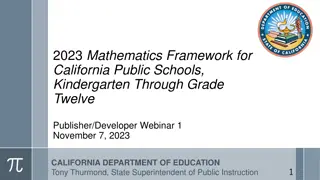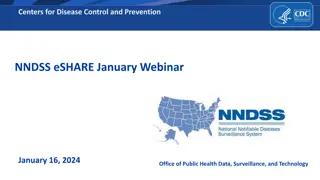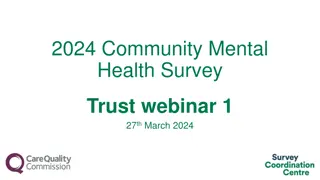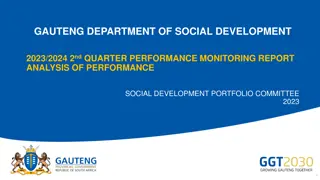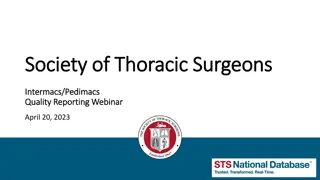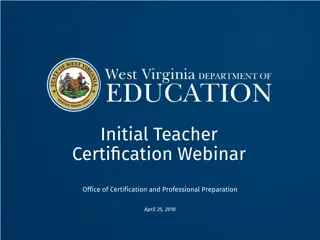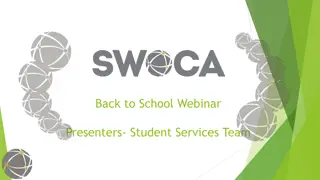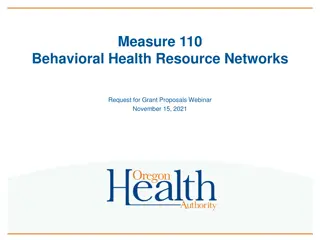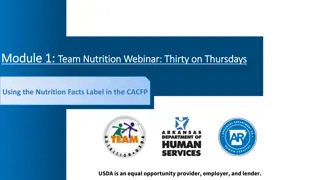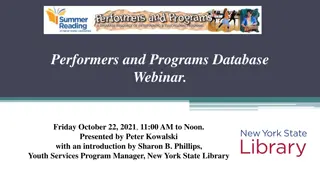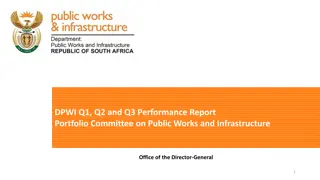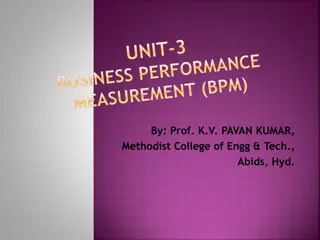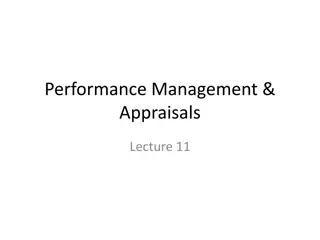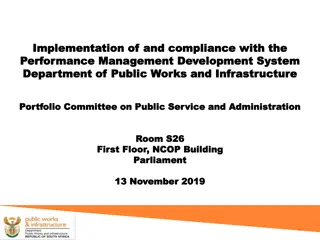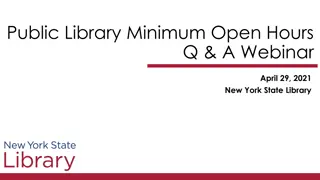
Effective Strategies for Addressing Poor Performance in the Workplace
Enhance your performance management skills with this comprehensive guide on identifying, managing, and improving underperformance in the workplace. Learn why managing poor performance is crucial, how to conduct performance counselling meetings, and strategies for dealing with difficult situations. Gain insights on the performance cycle, feedback techniques, and tips for conducting productive counselling meetings. Take proactive steps to support excellence in performance and minimize litigation risks.
Download Presentation

Please find below an Image/Link to download the presentation.
The content on the website is provided AS IS for your information and personal use only. It may not be sold, licensed, or shared on other websites without obtaining consent from the author. If you encounter any issues during the download, it is possible that the publisher has removed the file from their server.
You are allowed to download the files provided on this website for personal or commercial use, subject to the condition that they are used lawfully. All files are the property of their respective owners.
The content on the website is provided AS IS for your information and personal use only. It may not be sold, licensed, or shared on other websites without obtaining consent from the author.
E N D
Presentation Transcript
ADDRESSING POOR PERFORMANCE ISSUES Stephen Farrell
Performance Management On successful completion of this webinar, you should be able to: Identify why it is important to manage performance Identify what impacts on performance Identify what is underperformance Minimising Litigation Risks Understand how to manage poor performance Deal with difficult situations Support excellence in performance and counsel underperformers
Why do we manage poor performance? Employee performance = Business performance Employees expect it Co-workers expect it Part of Management role Direct employee s effort Avoid unfair dismissal/other claims $
The Performance Cycle Organisation Goals, Vision and Strategies Individual performance plans and position descriptions Training and development Monitoring of output, behaviour and results Performance Reviews Providing ongoing constructive feedback Coaching/ Performance Counselling
Dealing with Poor Performance Informal feedback Performance counselling Performance management Formal discipline Termination
Performance Counselling Identify any gaps Gather good information Give good information Agree to an action plan Monitor performance
Feedback Give Feedback Direct, General enquiry, or Positive first Feedback Sandwich Gain Agreement
The Counselling Meeting Solving the Problem Generate Ideas Action Plan Review Action Who Responsible Due Date Action Who Responsible Due Date Brainstorm ..and list ideas Action 1 Action 1 Action 2 Action 2 Check Understanding
During the Discussion Six tips for a Productive Meeting: Maintain Control Allow the employee to talk Ask questions Listen, summarise and reflect Adopt open body language Use a calm positive tone
The Formal Meeting Prior to the meeting: Notify the employee: discussing serious issue right to bring a support person
The Formal Meeting At the meeting: Explain when & how they are failing - Be specific and have evidence Listen, Consider & Note their response
The Formal Meeting If the response isn t satisfactory, then Explain exactly what is expected Offer the opportunity to improve Be explicit on the consequences Issue Written Warning
The Formal Meeting Written Warning Must Notify the employee: Issues regarding performance What needs to be done to improve Advise that failure to improve may result in termination of employment
Termination If performance does not improve, employee may be terminated
Contact Details E-mail: Stephen.Farrell@vegetableswa.com.au Web: www.vegetableswa.com.au Phone: 0455 833 352


